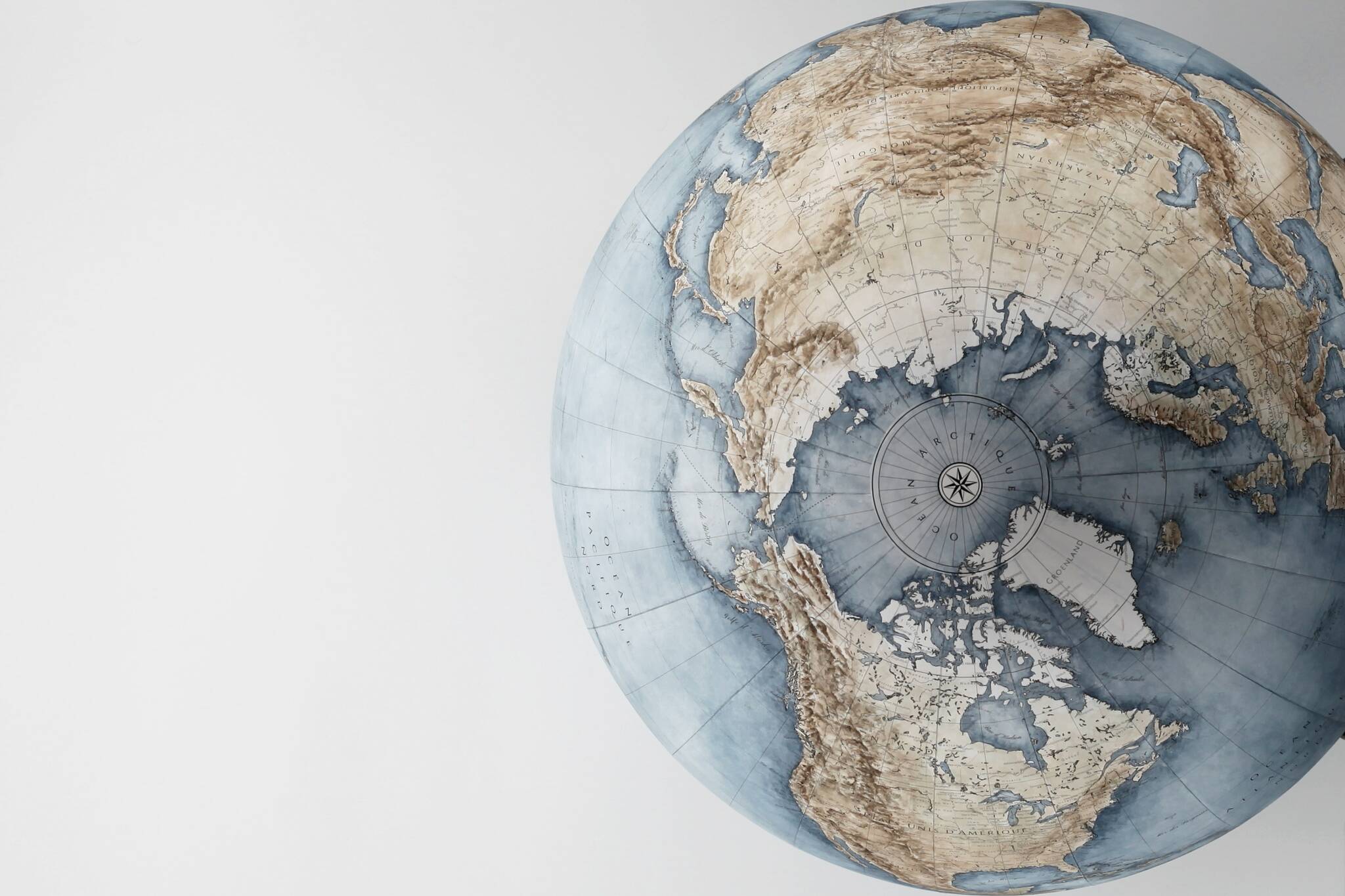By Barry Scott Zellen
April 22 is celebrated around the world as Earth Day, a symbolic day of unity on issues relating to the global movement to protect our environment and to stop climate change. The Arctic, more than any region on earth, has come to illustrate the power of a unified response to the climate threat, with the Arctic Council, formed in 1996, nurturing an enduring consensus among its diverse ecosystem of asymmetrical actors, whether state, Indigenous, or non-state, for over a quarter century.
But all that changed on March 3, 2022 — when the AC’s seven democratic member states announced their historic “pause” of forthcoming AC participation, in protest of Russia’s invasion of Ukraine. This is not the first time tensions over Russian aggression in Ukraine strained the AC’s impressive track record for circumpolar unity. In 2014, after Russia’s first assault upon Ukraine, the U.S. and Canada jointly boycotted a meeting held in Moscow, but soon thereafter rejoined their fellow AC members in the spirit of Arctic cooperation.
While Russia’s actions in Ukraine are reprehensible, boycotting all AC meetings while Russia holds its rotating chair is as illogical as shuttering the UN General Assembly, or putting a pause on meetings of the Security Council. The issues facing the Arctic — of which climate change is perhaps the most pressing for all stakeholders, small and large — cannot be paused. Indeed, Russia’s portion of the Arctic represents fully half the circumpolar world — spanning 11 time zones, with the largest Arctic population, most robust Arctic economy, and most diverse mosaic of Indigenous and minority cultures.
There was a time not long ago when the AC confronted a deep division in its ranks that threatened the very consensus that undergirds its foundation. That was just three years ago, and the offending member state was not Russia, but the U.S. The issue that drove a wedge between the AC members was that of climate change, long a unifying issue on the AC.
But despite this temporary collapse in consensus, the AC survived. The organization proved as resilient as the diverse collective of Arctic peoples, states, cultures and organizations it represents. If the AC can survive that collapse in consensus, there is no reason why it can’t do the same again now.
As Earth Day reminds us, we must look not only beyond the war in Ukraine, but ahead to a restoration of circumpolar unity — so that we can once again step up to face this danger confronting all the world, together.
Barry Scott Zellen is a visiting scholar in the Department of Geography at the University of Connecticut, and has authored or edited a dozen books on Arctic, Indigenous and strategic issues. More about his research can be found at BarryZellen.com and SmallerPlanet.org.

